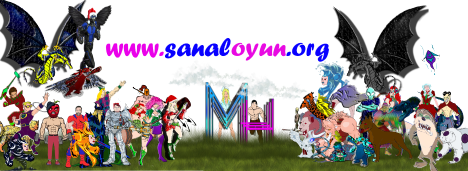When a
Monopoly GO Golden Blitz kicks off, the board transforms into something between a trading floor and a street carnival. Players scramble for trades, friendships are temporarily suspended over one elusive holographic sticker, and Discord servers light up with frantic negotiation.
But here’s the real twist: Golden Blitz isn’t only about trading. It’s about anticipation, coordination, and most of all, timing. These short-lived events let players swap previously "unswappable" gold stickers, giving rise to a black market of sorts. Some players prepare weeks in advance, hoarding extras. Others rely on the chaotic generosity of groups offering rare cards in return for common dupes—sometimes for free, sometimes for high stakes.
In the midst of the madness, a side economy thrives. Platforms listing
Monopoly stickers for sale become hotspots. While the game prohibits direct in-game purchases beyond dice and packs, external markets grow around player demand, especially during blitz weekends when the value of one sticker could suddenly explode.
There’s also a deeper layer—players build social reputations during these events. Those who trade fairly are remembered, those who ghost deals are blacklisted. It’s Monopoly, but social. Blitz is no longer just a mechanic. It’s become the pulse of the community.
And when it comes to preparing for Blitz runs, many savvy players look to U4GM. Whether it’s stacking dice rolls, understanding sticker rotation patterns, or getting support gear ready, U4GM has quietly become a background player in many Blitz wins.
Golden Blitz isn’t just a rush—it’s a ritual. Players set alarms, study trade windows, and celebrate like they’ve hit the jackpot when the album glows gold. It’s a moment that defines Monopoly GO’s evolving identity: fast, social, unpredictable, and wildly addictive.

